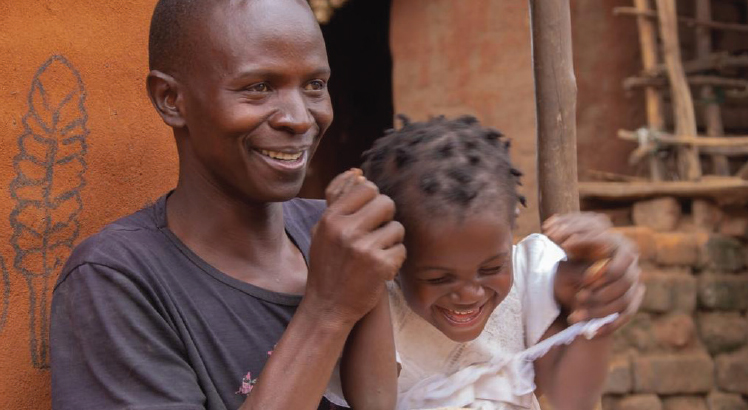‘Silent’ dangers of foot and mouth
On an early trip from Lilongwe to Mzuzu, we got to Dowa Turn Off police check post half dizzy, enveloped in the weight of a night cut prematurely.
“Chonde mabwana ndi madona; mutsikako pang’ono muponde mankhwala panjapa,” said a policeman by our driver’s window.
It was about a requirement for all passengers to disembark and step their feet on a treated sack laid across the road as a precautionary measure against the spread of foot-and-mouth disease.
This was a bother for some passengers in one vehicle ahead of us so they stayed put in the comfort of their seats, listening to music and enjoying the warmth of air conditioners.
“Mmawa ngati uno? Koma zinazi,” I overheard one passenger protest as I passed by their vehicle.
A bother it was, indeed. Imagine those travelling in the night, with the sick or people pressed for time and in a rush to meet deadlines.
I was beginning to imagine more ‘bother’ when ‘some sense’ hit me.
This foot-and-mouth disease(FMD)or hoof-and-mouth disease, scientifically christened Aphthaeepizooticae, is an infectious and sometimes fatal viral disease that affects cloven-hoofed animals.
Contamination happens when the virus particle is taken into an animal’s body cell. The cell is then forced to manufacture thousands of copies of the virus, and eventually bursts, releasing the new particles in the blood.
We have all these animals in Malawi and we must be worried.
The disease has very severe implications for animal farming. It is highly infectious and can be spread by infected animals comparatively easily through contact with contaminated farming equipment, vehicles, clothing, feed or by domestic and wild predators.
So, if a society is to control the disease, there has to be a strong effort in vaccination, monitoring, trade restrictions, quarantines and occasionally, the culling of animals.
Now, talking about trade restrictions, and in the worst case, the getting rid of animals, think of the very animals our brothers and sisters sell to pay fees, afford coffins, manage dowry or buy zitenje.
What kind of a blow is it when our farmers or relatives are kept from the very money they need most because we have to close meat markets since the country is reeling under an outpouring of foot and mouth disease?
How many farmers and butcheries have this year felt the pinch of a meat ban going their way?
Now, if we let the disease hit Malawi so hard that the neighbours in the region start to stretch their necks, will our people, vehicles or farm produce be very welcome in the world around us?
Will people out there buy our nandolo? Won’t the neighbours fuss about our vehicles going to their territories?
I stepped on the treated sacks will all passion and strength. Let’s cooperate against FMD! n


